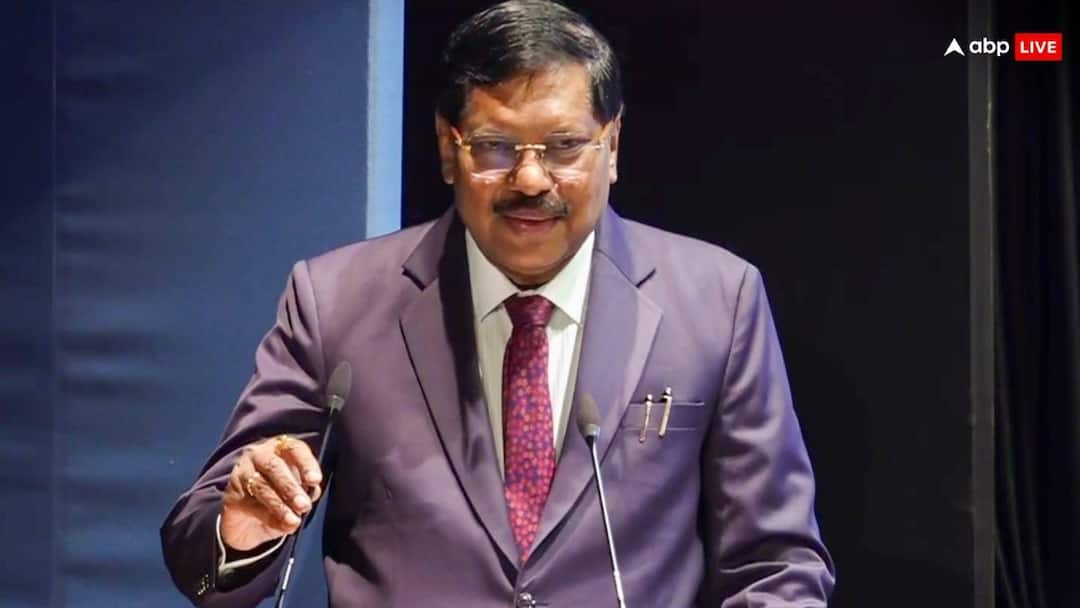In a sharp rebuke on Monday, the Supreme Court criticised the Union government for making a sudden, mid-hearing request to transfer petitions challenging the Tribunal Reforms Act to a five-judge Constitution bench. The Act lays down uniform service conditions for chairpersons and members of various tribunals across the country.
A bench headed by Chief Justice of India B R Gavai, which had already heard arguments from the petitioners, expressed astonishment at the government’s move. The court noted that the request came only after Attorney General R Venkataramani, who had earlier sought an adjournment to attend an international arbitration, returned to continue the hearing.
“We do not expect the Union of India to take such a stand and play tactics with the court,” CJI Gavai remarked, visibly displeased. “The petitioners’ counsel were heard fully on merits. At no point did the Attorney General indicate that the Centre would later seek reference to a five-judge bench.”
The CJI, who is due to retire in 20 days, went on to say that the timing of the application was “shocking”. He added, “We will reject this application with an observation that the Union government appears to be attempting to avoid the present bench.”
‘Didn’t Expect a Midnight Application,’ Says CJI
The court’s strong words followed the government’s filing of the plea late Sunday night, hours before the scheduled hearing. The Attorney General clarified that neither he nor the government intended to delay proceedings, arguing that the case raised substantial questions of constitutional law that warranted consideration by a larger bench.
However, the bench was unconvinced. “We did not expect the Union government to indulge in such tactics, especially by filing an application at midnight,” CJI Gavai said. “After the petitioners have been fully heard, the government cannot now seek reference to a larger bench.”
He added that if, upon evaluating the arguments, the court found substantial constitutional questions at stake, it would itself decide whether to refer the matter to a five-judge bench.
Following the exchange, the court proceeded to hear the Attorney General’s defence of the Tribunal Reforms Act, which aims to bring uniformity to service conditions across tribunals. The matter was then adjourned to 7 November for further hearing.
Centre’s Argument
In its application, the government maintained that the petitions raise critical questions concerning the interpretation of the Constitution, necessitating a larger bench under Article 145(3).
The Centre also sought clarity on whether the Supreme Court can issue a mandamus, a judicial directive, compelling the government or Parliament to legislate in a particular way. It argued that such directions could breach the doctrine of separation of powers, a cornerstone of the Indian Constitution.
The government further contended that Parliament’s legislative powers should not be constrained by directions issued in prior judgments.


